**Note: This page is for educational inspiration and is not officially affiliated with any single founding organisation for Shakespeare Day. Shakespeare Day is widely celebrated annually on April 23rd, as it is traditionally believed to be both the birth and death day of William Shakespeare (though his exact birth date is unknown, he was baptised on April 26th, 1564, and died on April 23rd, 1616). It is often celebrated concurrently with St. George's Day in England. The day is an informal global observance, particularly prominent in the UK, dedicated to celebrating the life and works of the world's most famous playwright. Various cultural institutions, theatres, and educational bodies, such as the Shakespeare Birthplace Trust, the Royal Shakespeare Company, and the British Council, organise events and resources to mark the occasion. Due to its traditional and cultural nature, there isn't a single official "founding organisation" for the day itself, but rather numerous cultural bodies that promote its observance. For more information on Shakespeare's life and legacy, you can visit resources like the Shakespeare Birthplace Trust: www.shakespeare.org.uk or the Royal Shakespeare Company: www.rsc.org.uk.
Thursday 23rd April 2026
Understanding Shakespeare Day in EYFS & KS1
Let's imagine, play with words, and discover the magic of stories on 🎭🖋️ Shakespeare Day!
For early years settings, nurseries, preschools, childminders, and Year 1 and Year 2 classrooms, this day provides a fantastic and inspiring theme for exploring history (people from the past), storytelling, language and vocabulary, creative arts and drama, and personal, social & emotional development (PSED) through engaging with classic narratives. It's about introducing children to the idea of famous authors, the power of words, and the excitement of plays and imaginative tales, even if simplified for young minds. This day offers wonderful planning ideas and inspiration for engaging activities that truly resonate with young minds, making learning about Shakespeare and storytelling both enriching and wonderfully dramatic!
Why Is Learning About Shakespeare Important for Young Children?
Integrating Shakespeare Day and themes of classic stories and dramatic play into your practice with young children (aged 0-7) can aid in fostering a love of literature, developing language skills, and encouraging imaginative expression.
Introduces Cultural Heritage: Exposes children to a significant figure in English literature and history in an accessible way.
Boosts Language & Vocabulary: Even simplified, Shakespearean themes encourage rich language, new words, and appreciation for poetic expression.
Sparks Imagination & Creativity: Provides rich narratives for imaginative play, dramatic interpretation, and creating new stories.
Enhances Storytelling Skills: Encourages understanding of plot, character, and setting, and prompts children to tell their own tales.
Develops Emotional Literacy: Characters in Shakespearean stories often experience a wide range of emotions, offering opportunities for discussion.
Promotes Theatrical Play: Encourages role-playing, costume play, and understanding the concept of a "play" or "show."
Engaging Shakespeare & Story Activities for Shakespeare Day (0-7 Year Olds)
Let's put on a show and play with words for Shakespeare Day with these planning ideas and activities perfect for EYFS and KS1 children. The focus is on imaginative play, storytelling, and celebrating a famous writer! Many of these early years and year 1 activities can be supported by our dedicated 'Shakespeare', 'Books and Storytelling', 'Traditional/Fairy Tales', and 'Literacy' resources.
Here's some inspiration for celebrating Shakespeare Day in your setting: (Please use your own discretion and knowledge of your children to ensure appropriateness of each activity and safety concerning any materials given and activity undertaken.)
Introduce William Shakespeare:
Show pictures of Shakespeare and talk about him as a very old and famous writer who told amazing stories.
Use 'History - Shakespeare - William Shakespeare Masks' for children to pretend to be him, or other characters.
Display 'History - Shakespeare - Banner And Quotes' to set the scene and show some famous (but simple) quotes.
Introduce the idea of a "quill" (an old pen) using 'History - Shakespeare - Quill Counting Puzzle' for a fun counting activity.
Explore Shakespearean Themes (Simplified):
Many traditional tales share similar themes (love, friendship, magic, mischief) to Shakespeare's plays. Read and act out traditional tales that are a good starting point for drama, such as Goldilocks and the Three Bears, Jack and the Beanstalk, Little Red Riding Hood, The Enormous Turnip, The Gingerbread Man, The Little Red Hen, and The Three Little Pigs.
Use related role-play packs like 'Fairy Tale Theatre' Dramatic Role Play Pack' or 'Christmas Panto Dramatic Role Play Pack' to encourage theatrical play.
Use character masks for interactive storytelling: 'The Gingerbread Man - Role-Play Masks', 'The Little Red Hen - Role-Play Headbands - Colouring', 'Goldilocks And The Three Bears - Masks - Colouring', 'The Three Little Pigs - Role-Play Masks'.
Use banners and key phrases to immerse children in the stories: 'Little Red Riding Hood' Banner & Key Phrases', 'Jack And The Beanstalk' Banner & Key Phrases', 'The Three Little Pigs' Banner & Key Phrases', 'Goldilocks And The Three Bears' Banner & Key Phrases'.
Dramatic Play & Role-Play:
Encourage children to create simple plays or puppet shows.
Design and wear 'History - Shakespeare - Masquerade Masks' for a dramatic play session.
Use 'Traditional Tales - Role-Play/Display Sign Posts' and 'Traditional Tales - Speech Bubbles' to set up a drama corner.
Act out scenes from traditional tales, focusing on character voices and movements.
Storytelling & Literacy Development:
Discuss what makes a good story. Use 'Story Maps' and 'Story Maps - Beginning/Middle/End' to plan simple narratives.
Practice describing characters with 'The Gingerbread Man - Character Description Sheets', 'The Little Red Hen - Character Descriptions', 'Book Character Sheets', and 'Character Building Description Sheets'.
Encourage drawing and writing about stories or characters.
Use word mats for vocabulary building: 'The Gingerbread Man - Word Mat', 'Jack And The Beanstalk - Word Mat'.
Create your own books using 'Create Your Own Book Template'.
Engage with comprehension activities such as 'Holiday - Yr1 Comprehension: Narrative - Aryan's Day At The Beach', 'Holiday - Yr1 Comprehension: Non-Fiction - Seagulls At The Seaside', and 'Holiday - Yr1 Comprehension: Poetry - Going On Holiday'.
Reinforce literacy with 'Books - 'Animals In The House' Sheet', 'A Book I Love - Draw/Write Sheets', 'Book Review - Draw/Write Sheets', 'Character Talk Sheets', and 'World Book Day Story Building Pack - Cut, Stick & Create/Write/Tell Stories'.
Support children with differentiated sheets for expressing their favourite books: 'My Favourite Book' Mark Making/Drawing/Writing Sheets’.
Refer to EYFS Framework support for literacy: 'EYFS Framework - Support Examples - Birth To 3 - Literacy', 'EYFS Framework - Support Examples - 3 And 4 Year Olds - Literacy', and 'EYFS Framework - Support Examples - Reception - Literacy', and also for communication and language: 'EYFS Framework - Support Examples - Reception - Communication And Language'.
Celebrating Books and Reading:
Create a display of 'Our Favourite Books’.
This links directly to our ‘Books and Storytelling’ page.
Explore More: You may also like to explore additional pages covering relevant and/or connected themes such as ‘Fairies’, ‘Mermaids and Mermen’, ‘Nursery Rhymes’, and ‘Pirates’.
These activities offer great inspiration for making Shakespeare Day a memorable and impactful experience in your early years and Key Stage One setting, fostering a love for stories, language development, creative expression, and an early appreciation for the richness of literature and history.
To explore ideas surrounding additional early years events, please visit our 'Special Dates Calendar' page.
Printable resources to support teaching & learning surrounding: ‘Shakespeare Day’
Free ‘Shakespeare’ and ‘Book’ related resources:
‘Shakespeare’, ‘Books’ & ‘Literacy’ related resources:
For even more book related resources, please visit our ‘Books and Storytelling’ page!
For additional ‘Literacy’ resources, visit the following ‘Area of Learning’ pages:
(Dedicated KS1 ‘English’ Curriculum pages coming very soon!)
Additional Pages you may like to explore which cover relevant &/or Connected themes
More Early Years Event Pages for April
Let's waddle and learn all about our amazing feathered friends, penguins on 🐧❄️ World Penguin Day! For early years settings, nurseries, preschools, childminders, and Year 1 and Year 2 classrooms…
Let's imagine, play with words, and discover the magic of stories on 🎭🖋️ Shakespeare Day! For early years settings, nurseries, preschools, childminders, and Year 1 and Year 2 classrooms…
Let's celebrate our wonderful planet Earth and learn how to look after it! 🌍💚 Earth Day is a special day celebrated every year on April 22nd. It was started by a man named Senator…
Let's celebrate our brothers, sisters, and special family friends! 💖👫 Siblings Day is a special day celebrated every year on April 10th in many places. This day was first thought of by a lady named…
Let's sparkle with magic and gallop into the world of unicorns! ✨🦄 National Unicorn Day is a special day celebrated every year on April 9th. This day is all about celebrating the amazing…
Let's learn all about keeping our bodies and minds healthy and strong! 🍎🧠💪 World Health Day is a special day celebrated every year on April 7th. It's organised by the World Health…
Let's open a book and dive into amazing stories and adventures! 📖✨ International Children’s Book Day (ICBD) is celebrated every year on April 2nd. This special day is chosen because it's the…
Let's have some giggles and harmless fun with jokes for April Fools’ Day! 😂🗓️ April Fools’ Day is observed annually on April 1st. Its origins are uncertain, with various theories suggesting…
Let's celebrate how wonderfully diverse we all are and learn about Autism Acceptance! ❤️ World Autism Acceptance Month is celebrated every year in April, with a special focus on World…
Let's celebrate our wonderful animal friends and learn how to be super pet owners! 🐾❤️ National Pet Month is a special time celebrated every year in the UK from the 1st of April to the 1st of…
Explore special dates (including awareness dates, festivals, celebrations & events) relevant to your EYFS & KS1 children
Browse our ‘Special Dates Calendar’ page using the link below. You’ll find calendars for every month of the year to aid your planning!
CLICK HERE to visit our ‘SPECIAL DATES CALENDAR PAGE’ for an entire year of key EYFS & KS1 events, festivals & celebrations.
SEARCH ‘LITTLE OWLS Resources’ USING THE FOLLOWING MENU BUTTONS…
Disclaimer:
This page is for educational purposes only and is intended to support early years and primary practitioners with ideas and resources related to 'Shakespeare Day'. This day is an informal global observance, primarily celebrated in the UK, dedicated to the life and works of William Shakespeare. It is not officially affiliated with or endorsed by any single founding organisation. We do not claim any rights to specific trademarks or official materials associated with this cultural celebration. For more information on Shakespeare's life and legacy, you can visit resources from well-established cultural organisations such as the Shakespeare Birthplace Trust: www.shakespeare.org.uk or the Royal Shakespeare Company: www.rsc.org.uk.





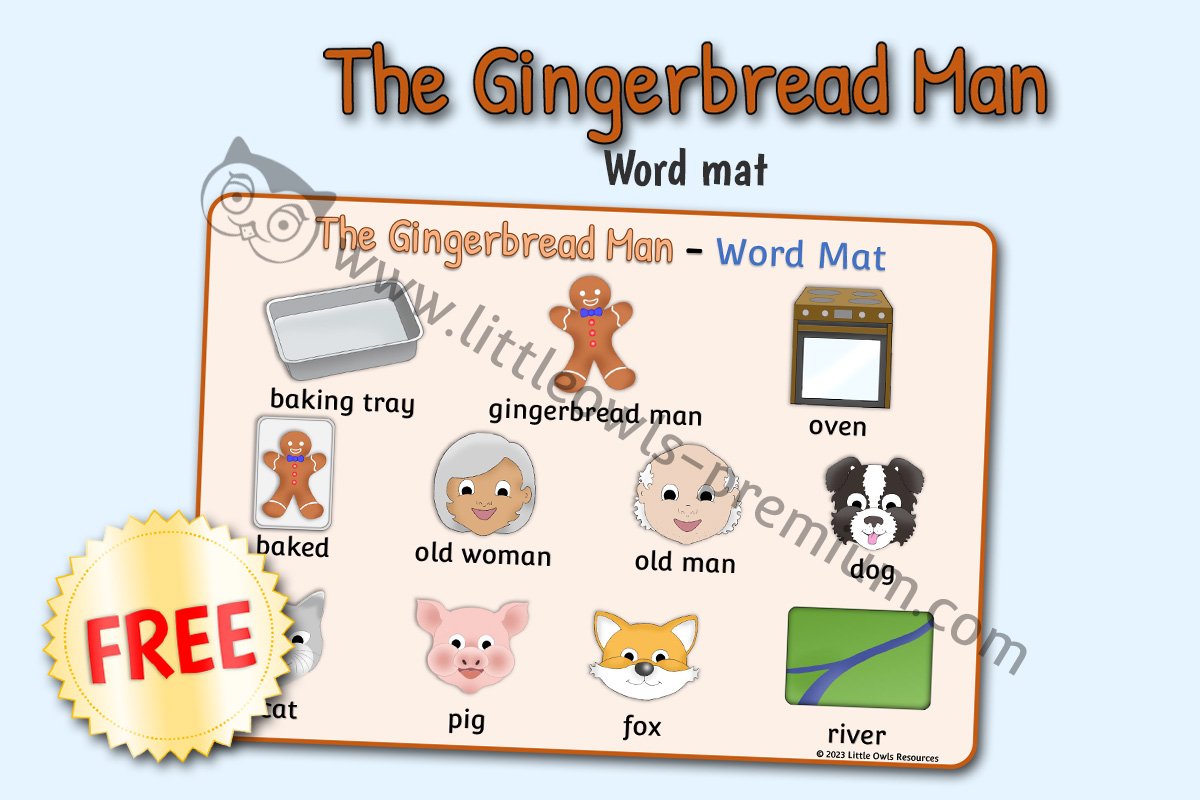














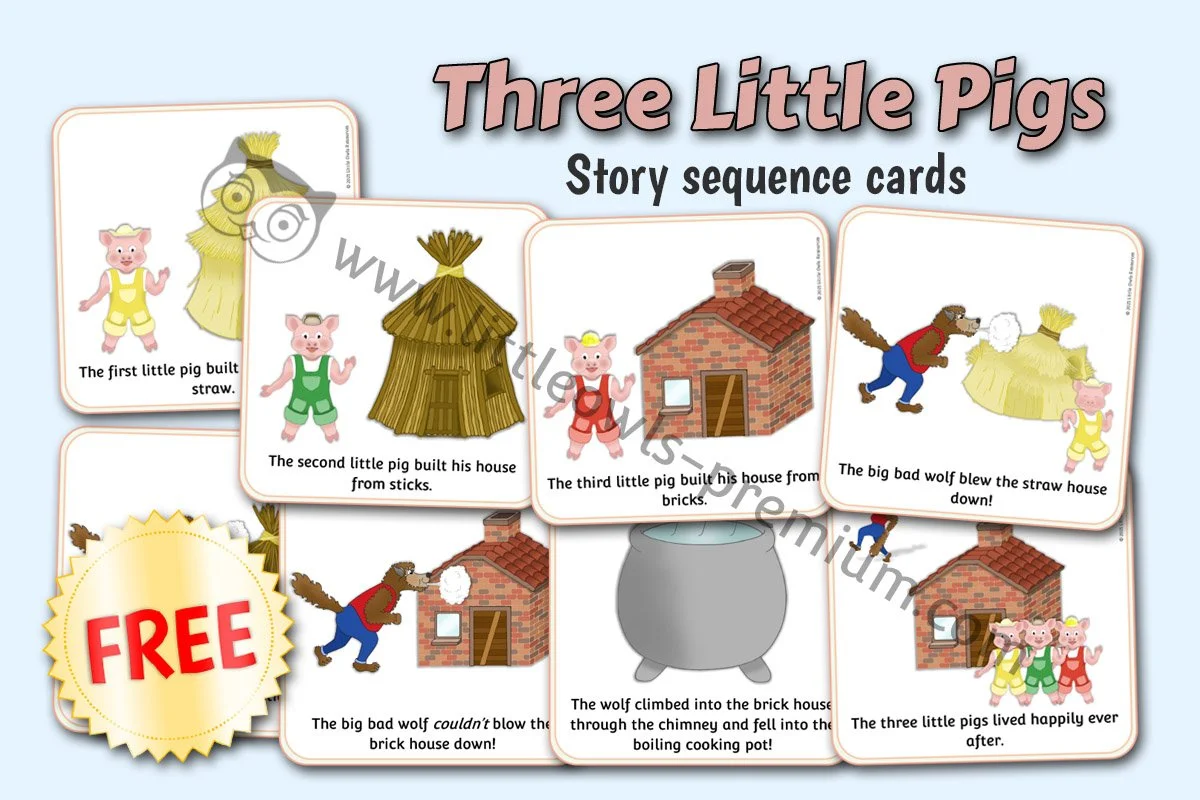










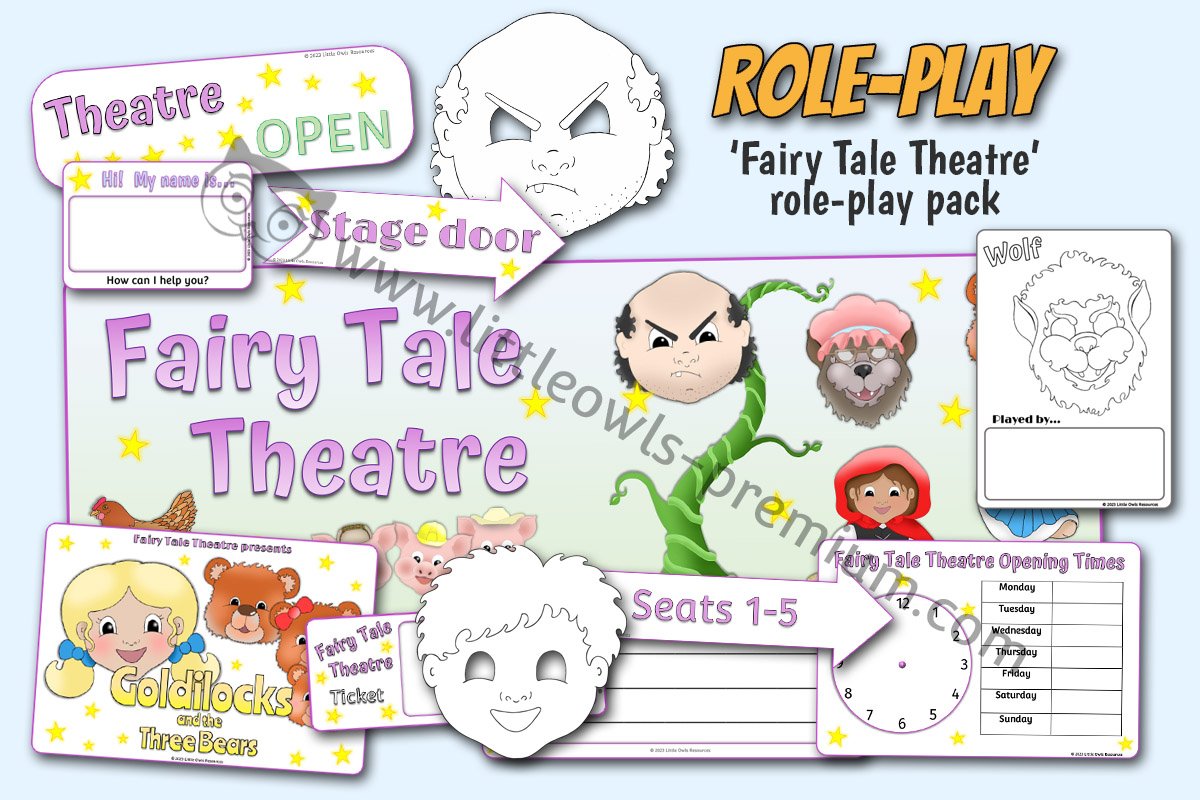









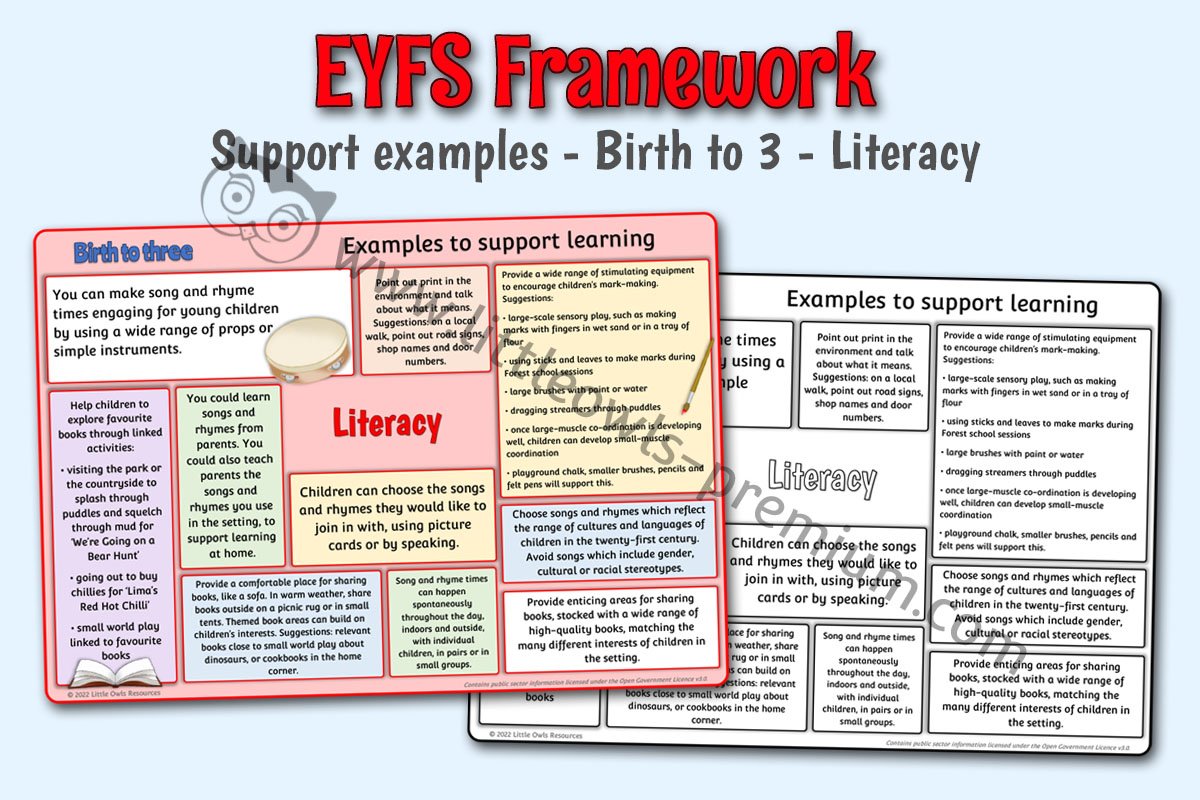


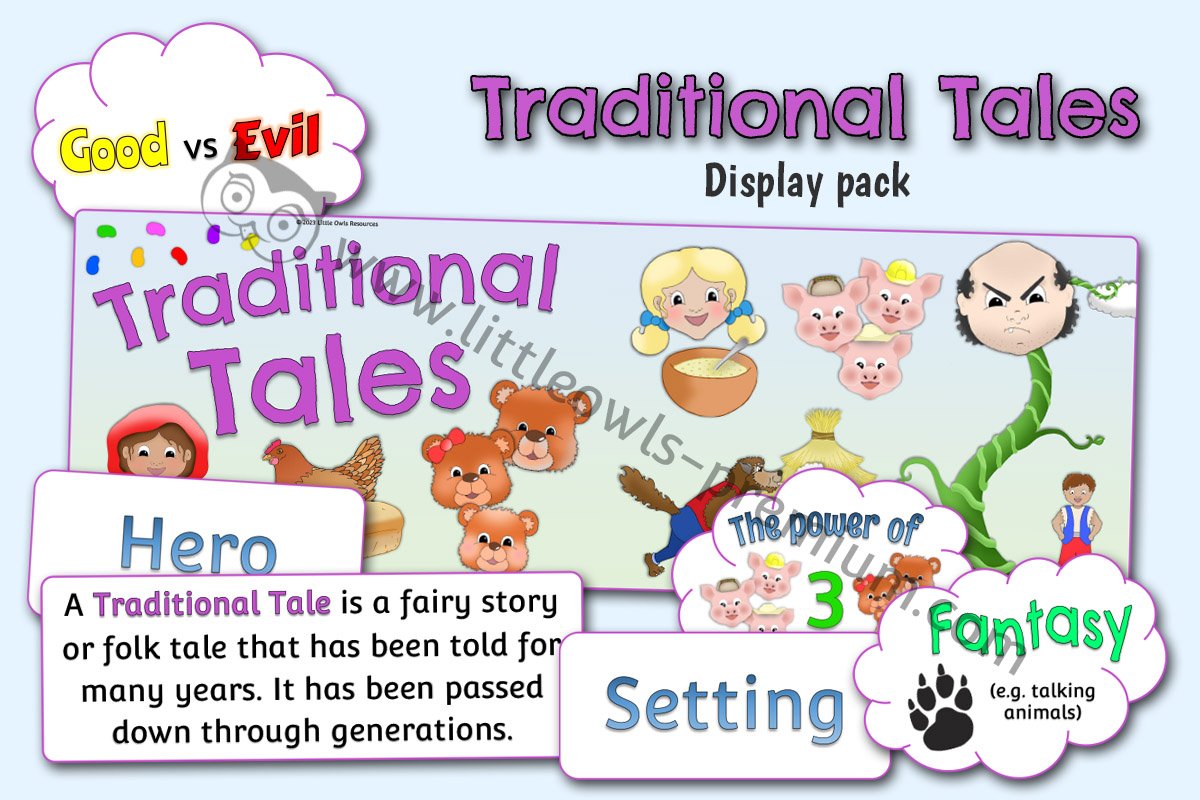







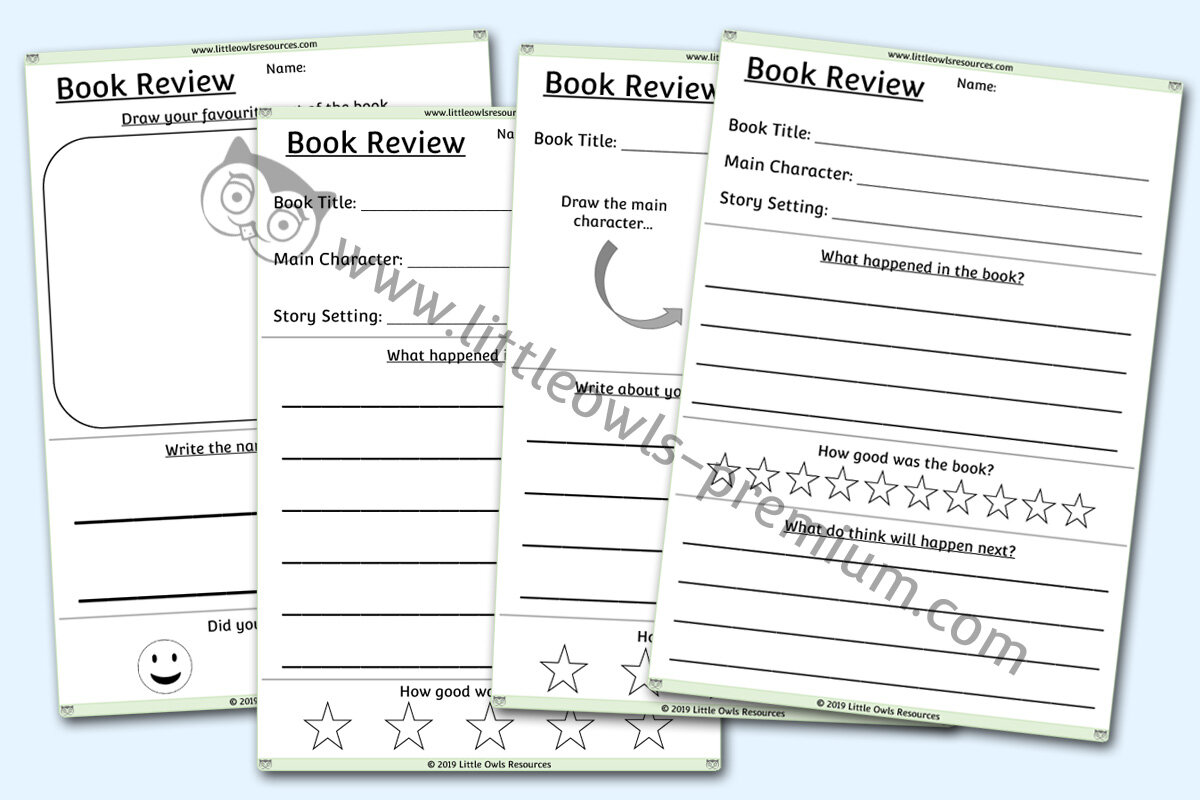




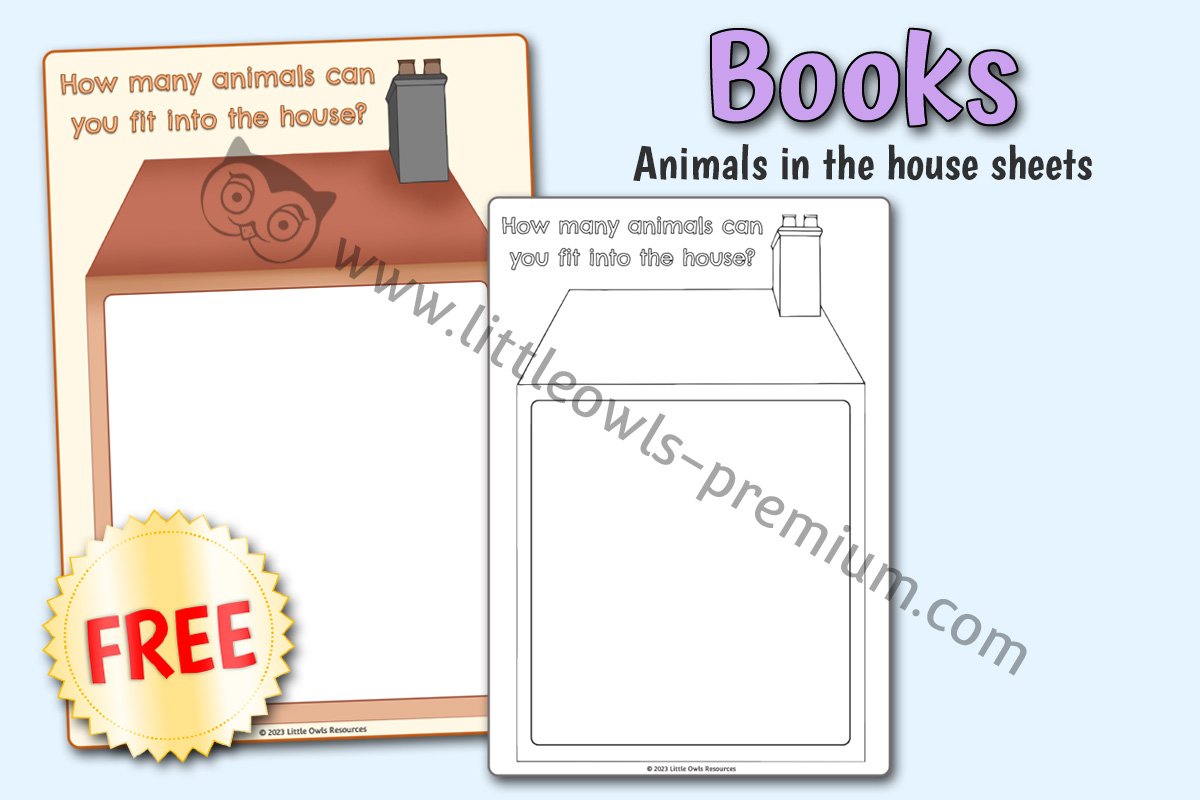
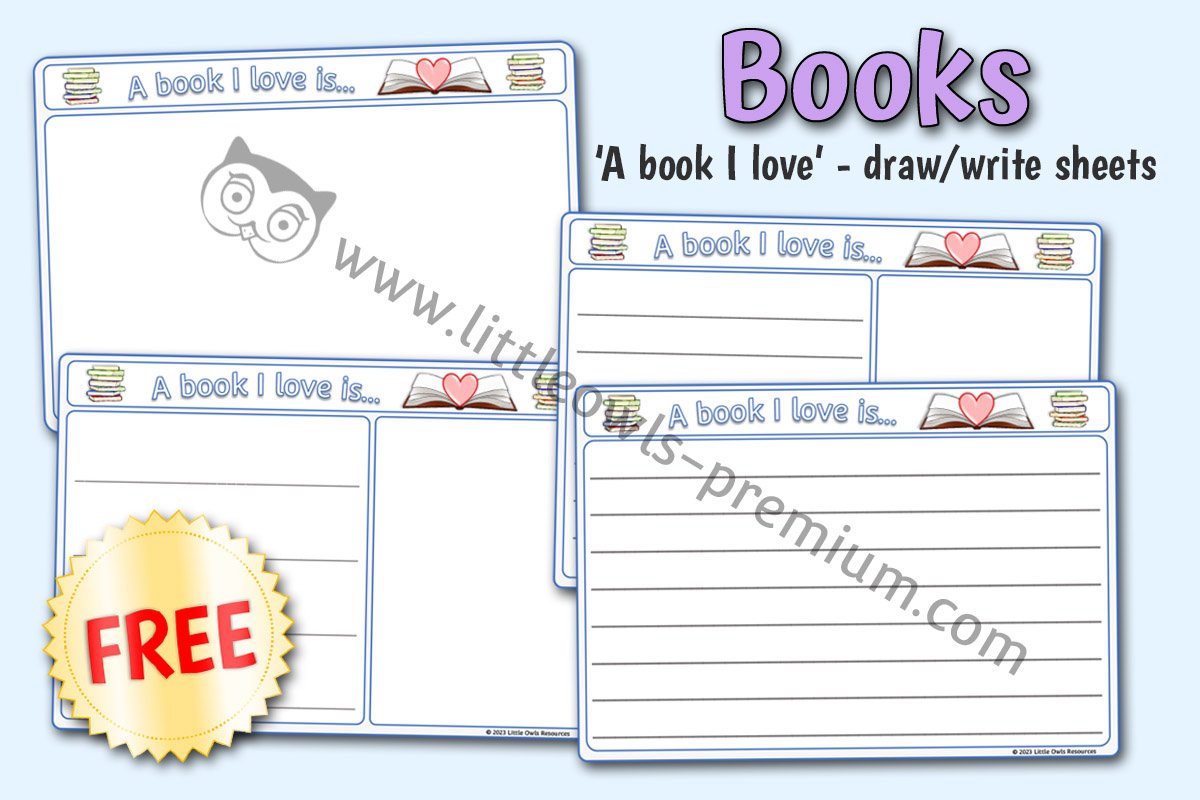



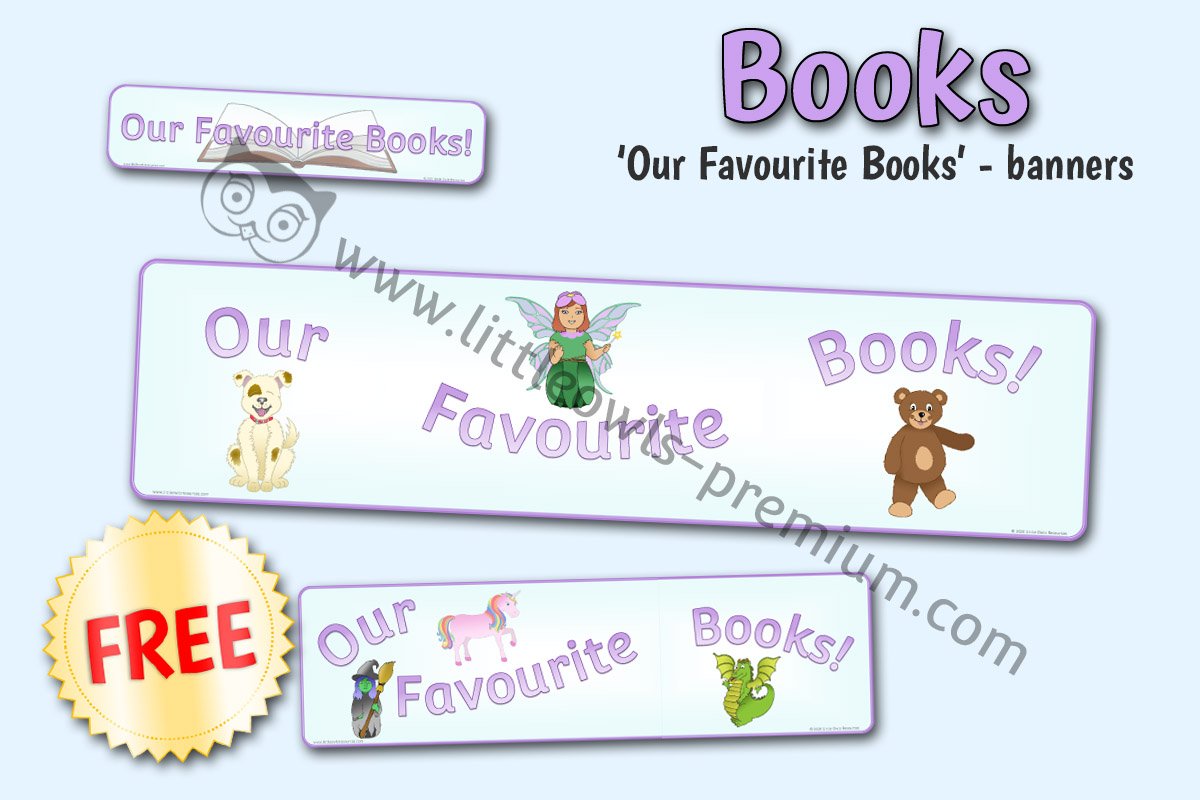
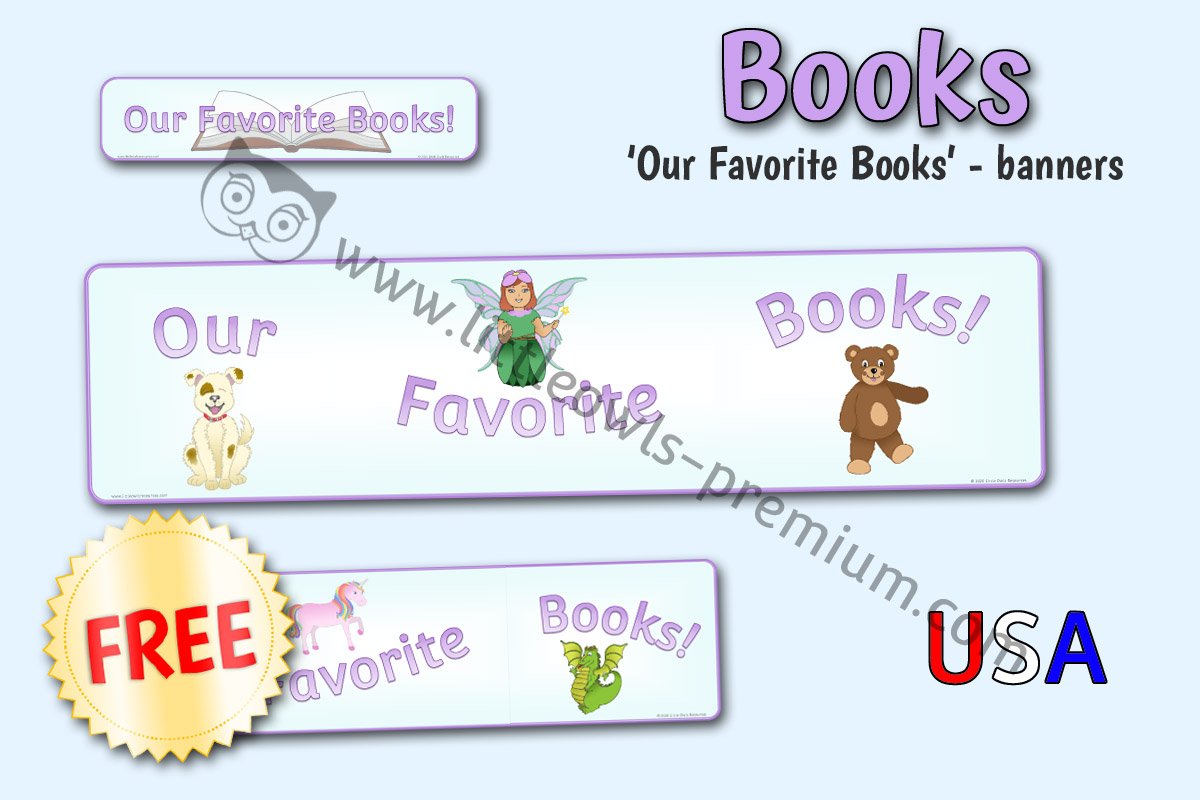
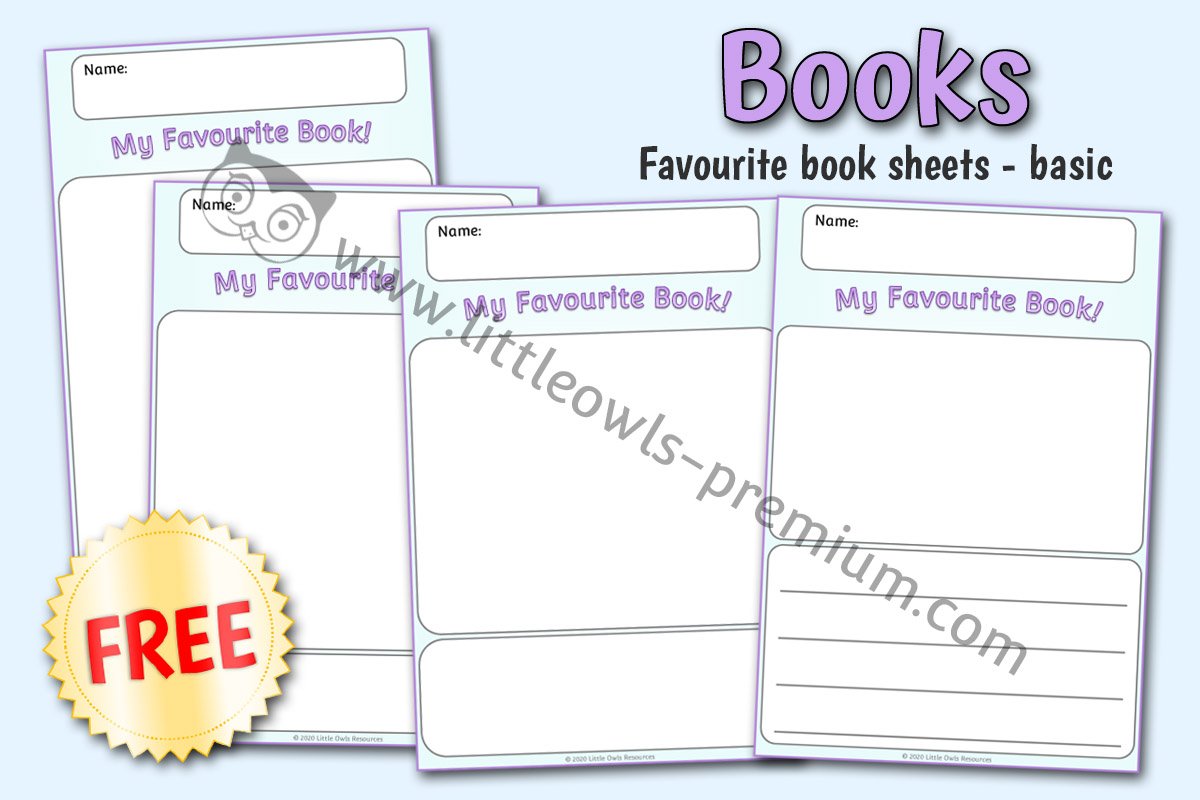
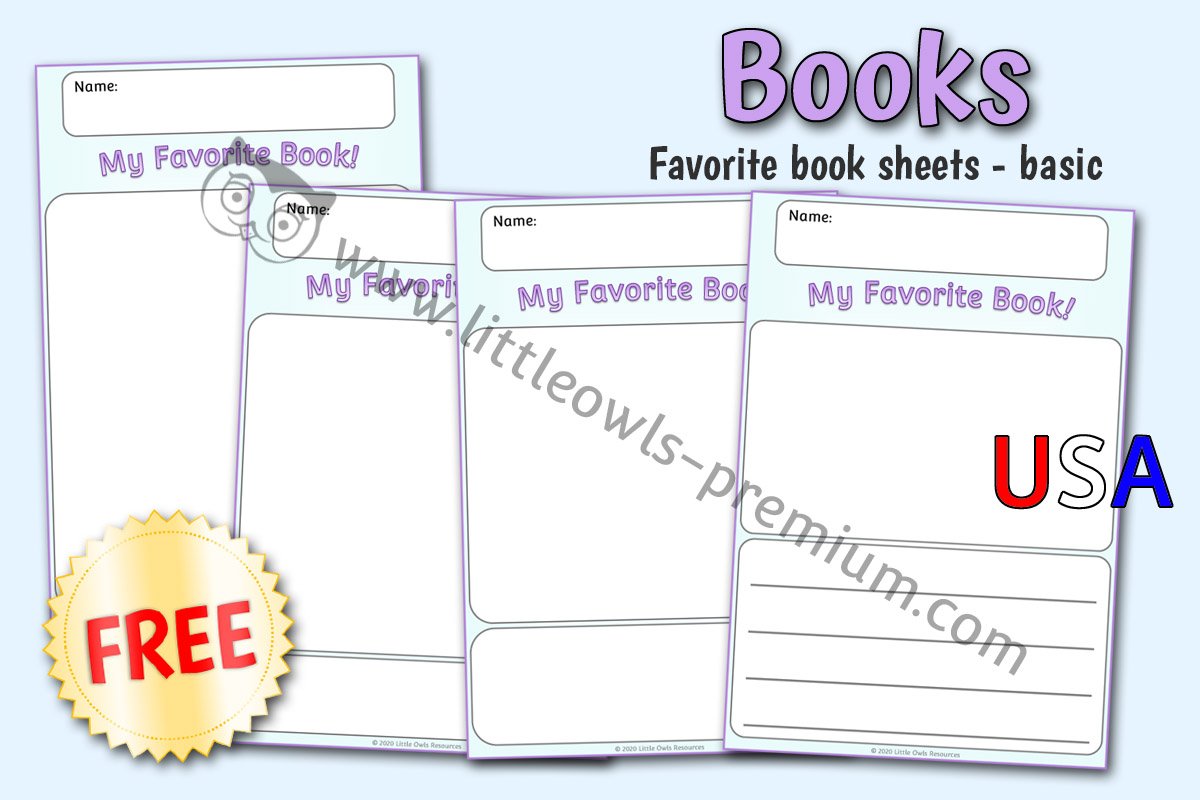
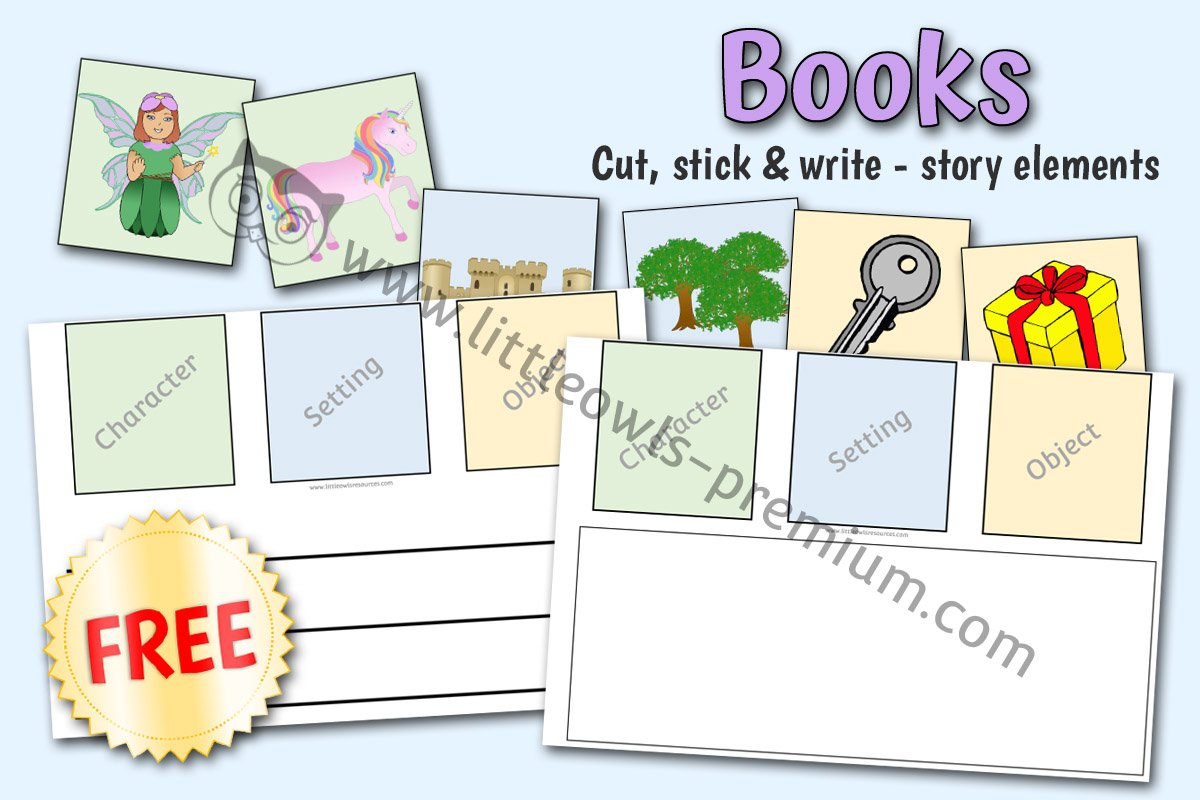

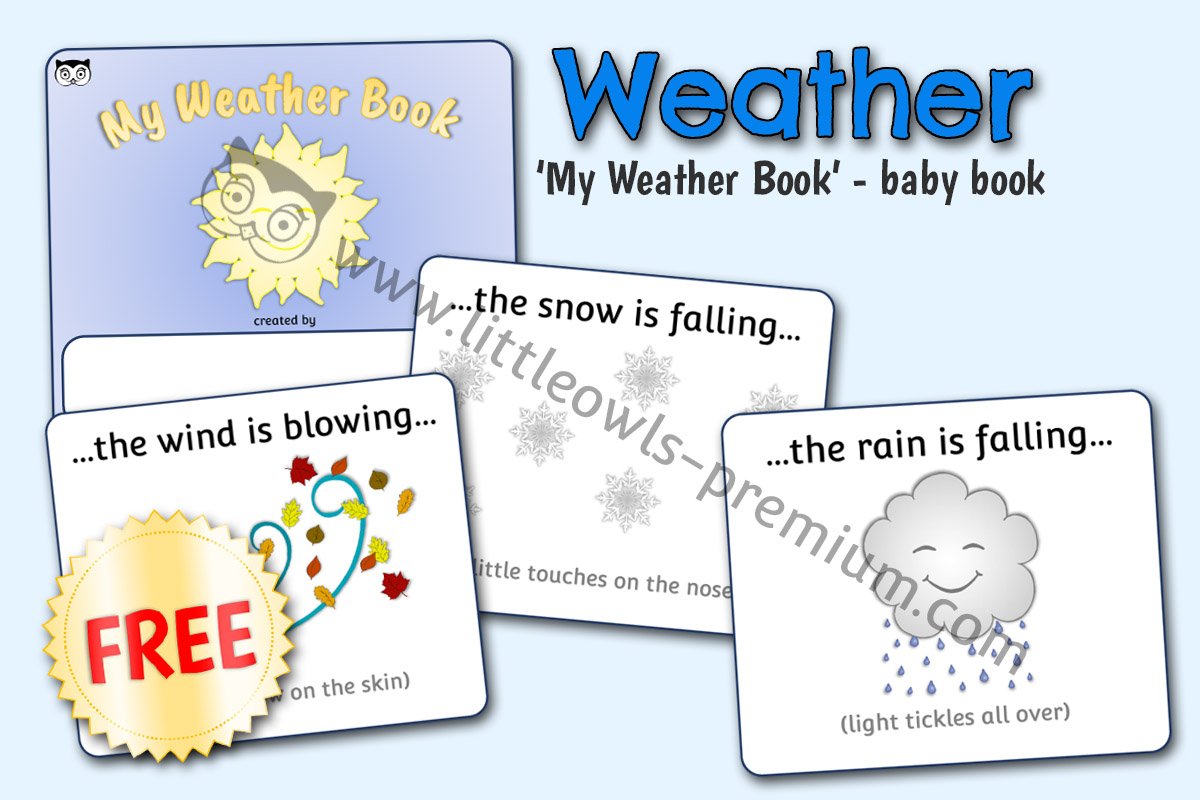
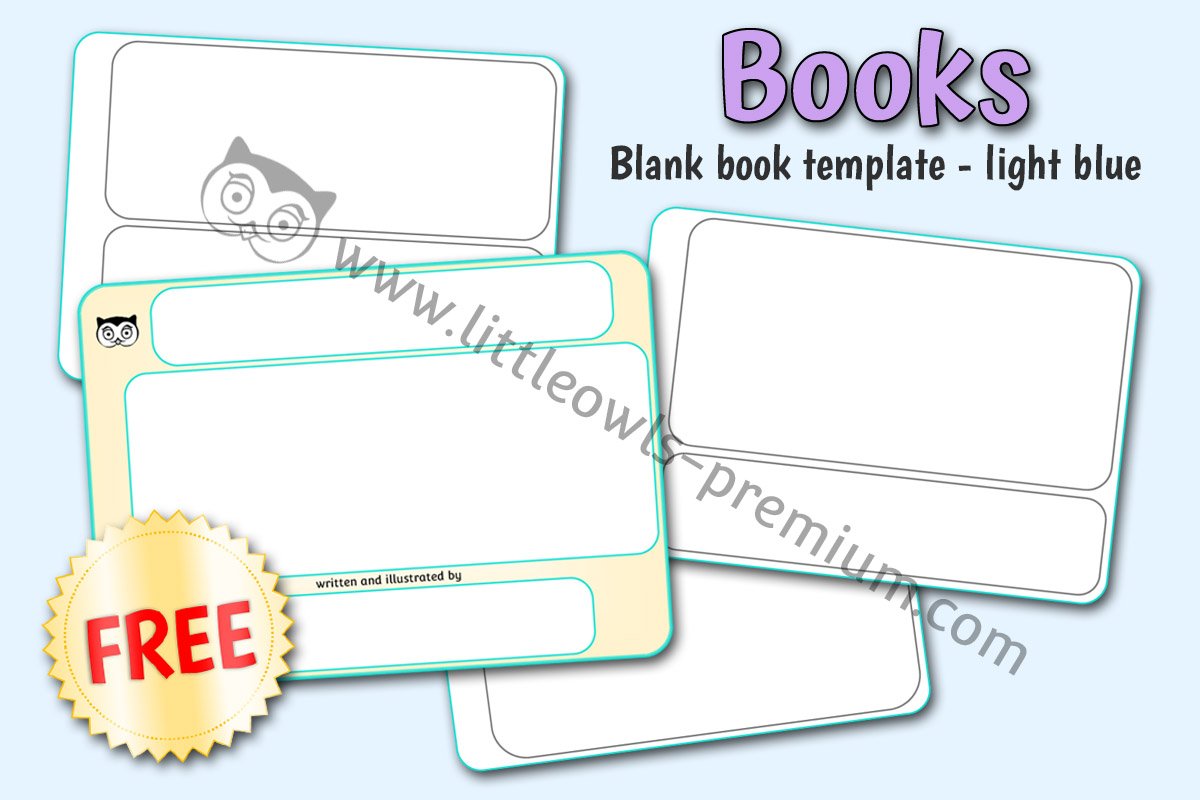

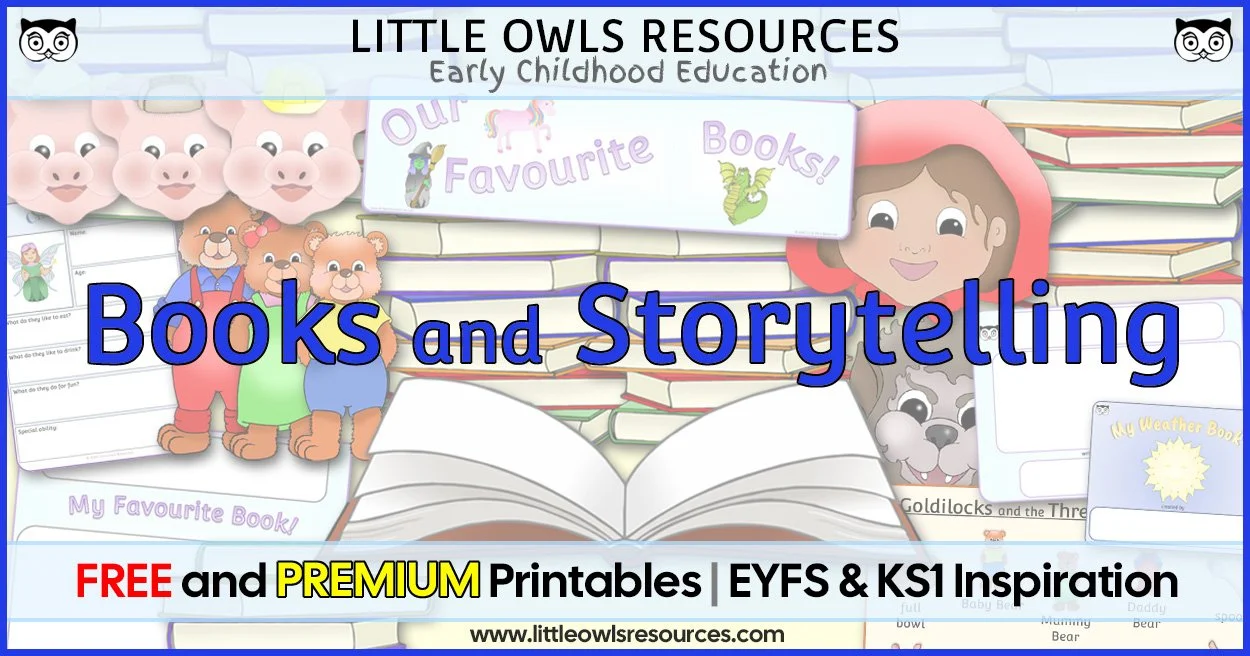






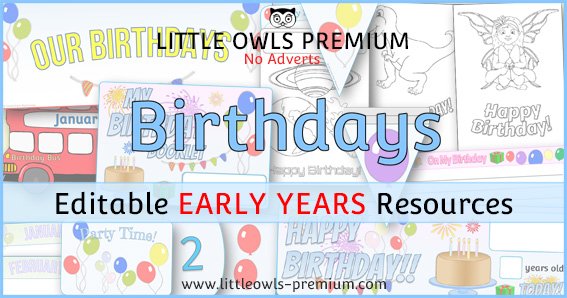
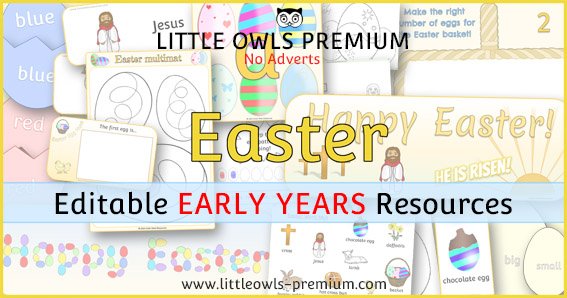

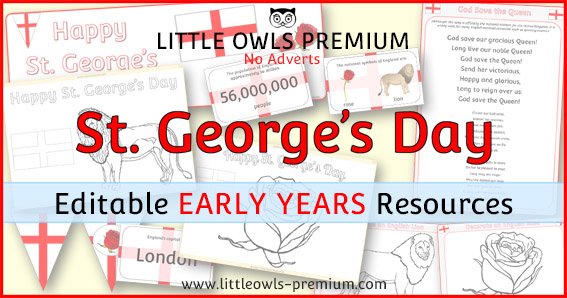










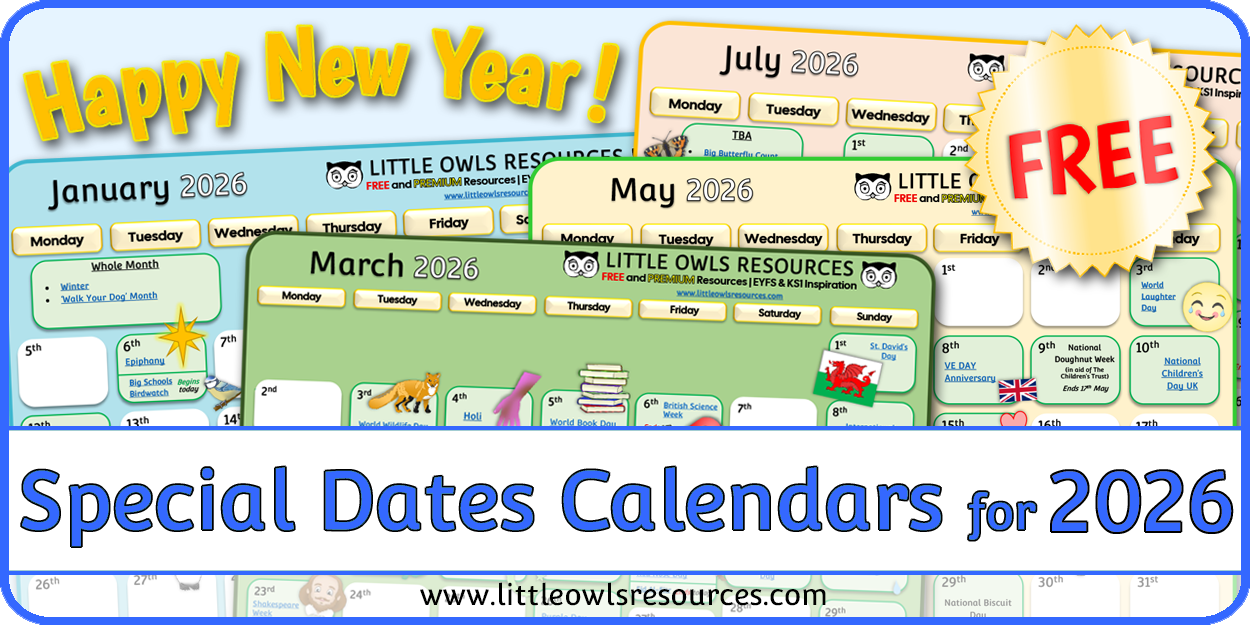
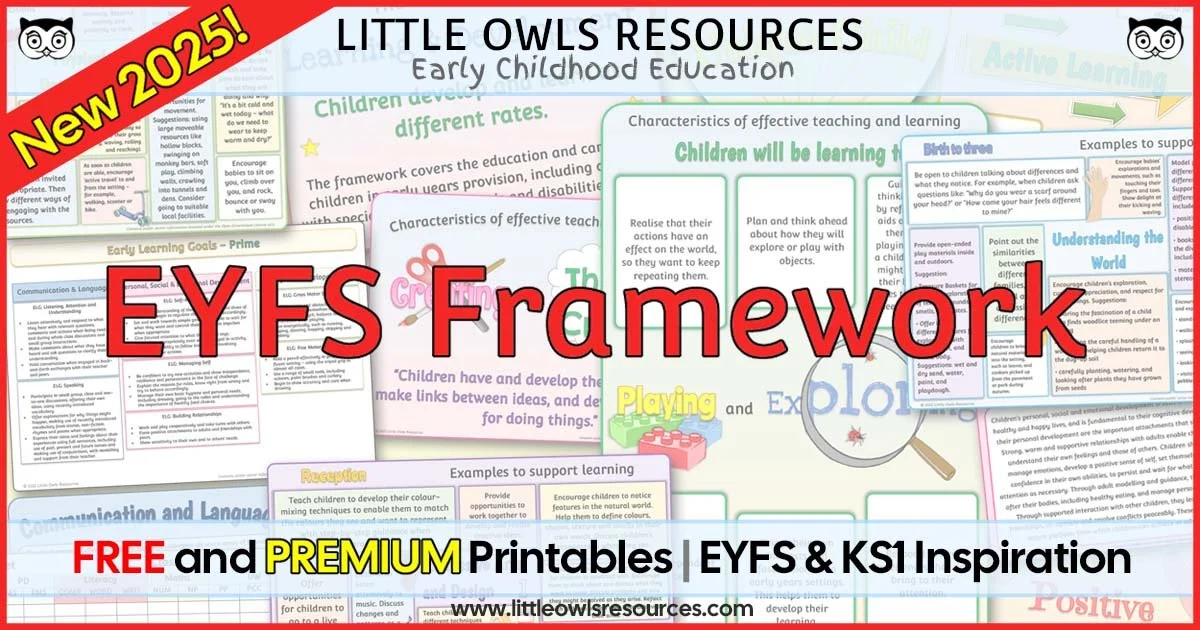

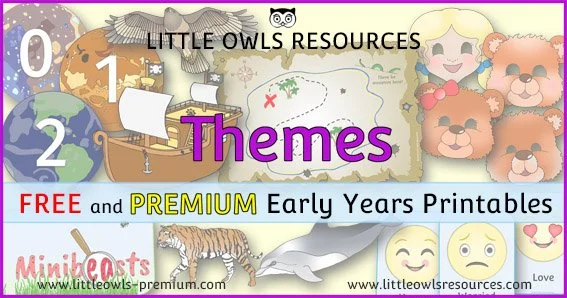

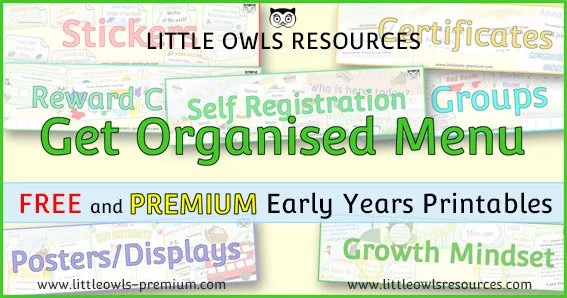

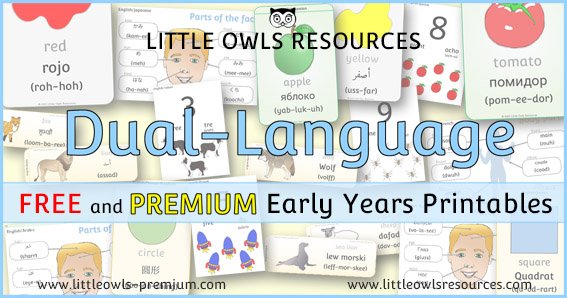
Let's put on our dancing shoes and move our bodies to the music! 💃🕺 International Dance Day is a special day celebrated every year on April 29th. It was started in 1982 by a group called the…